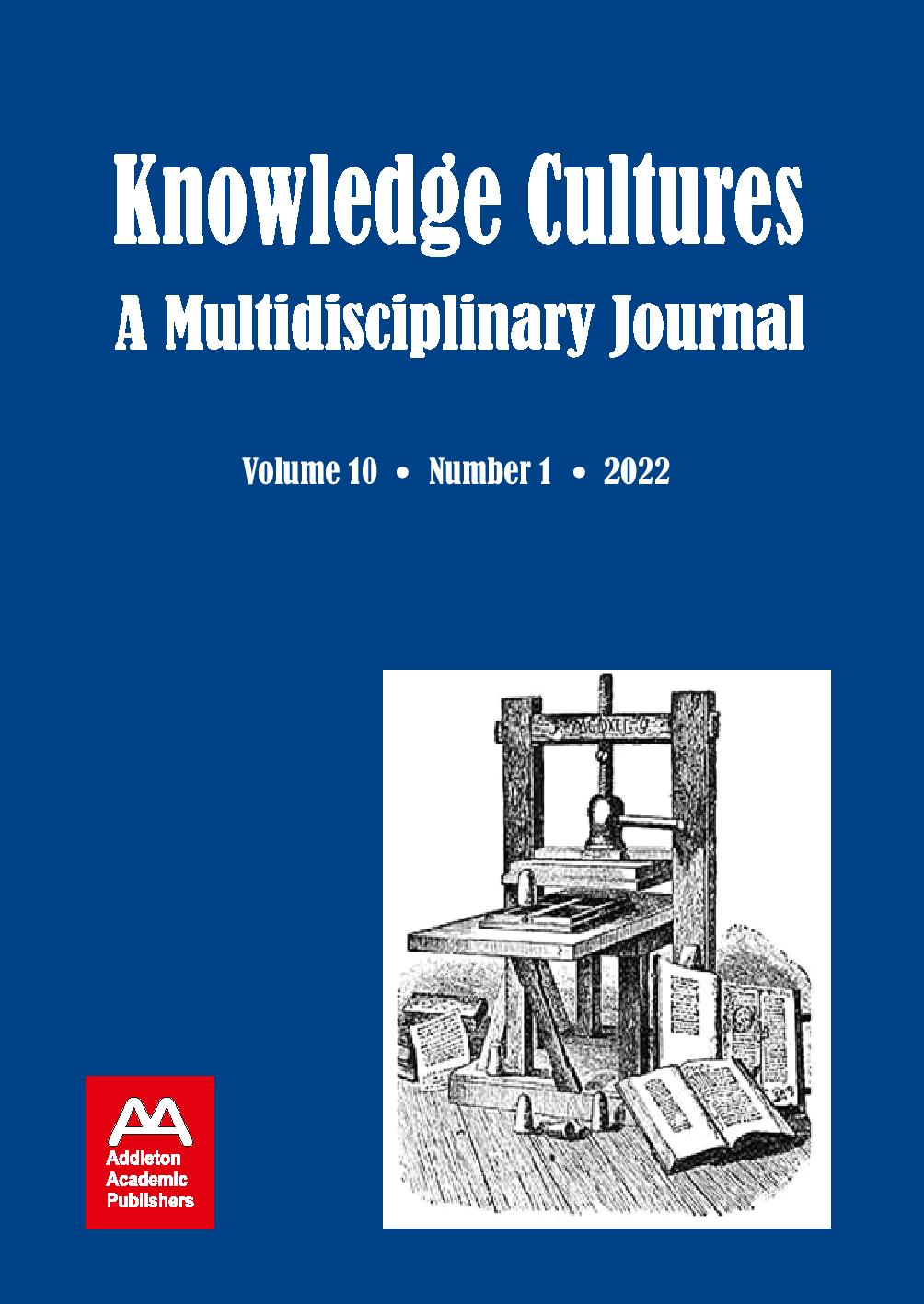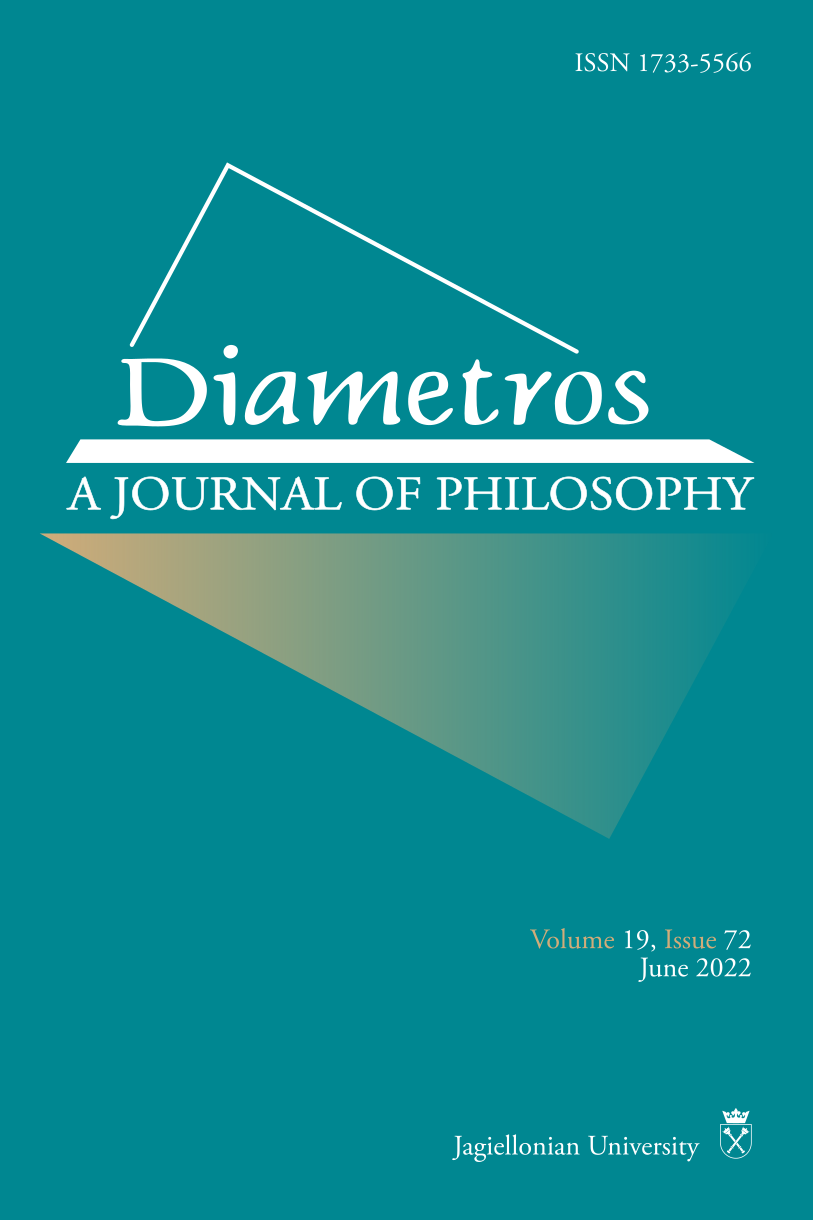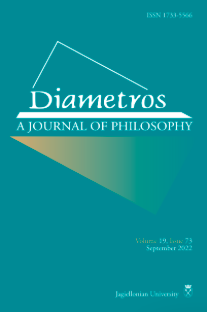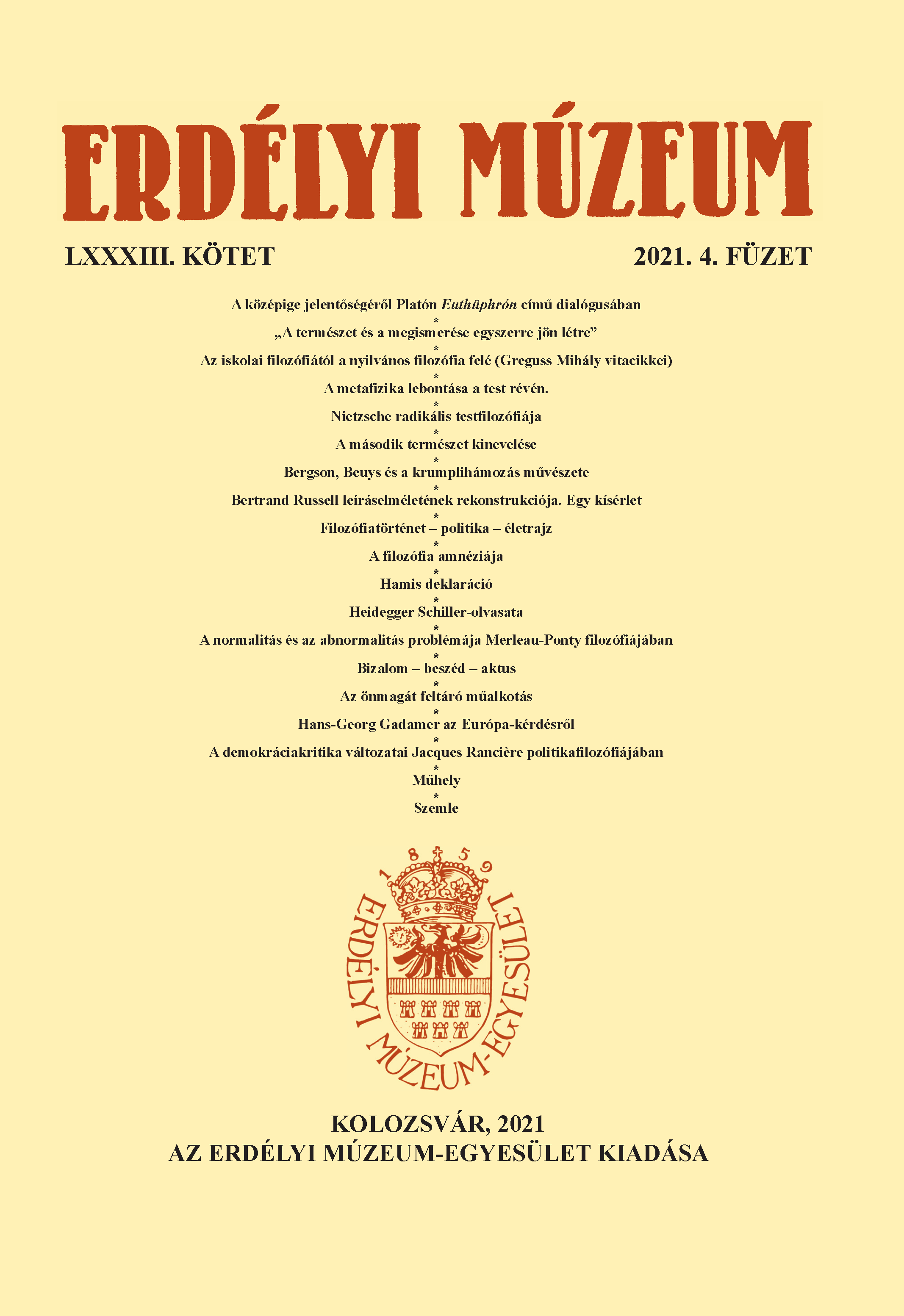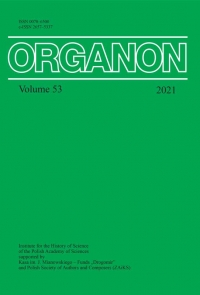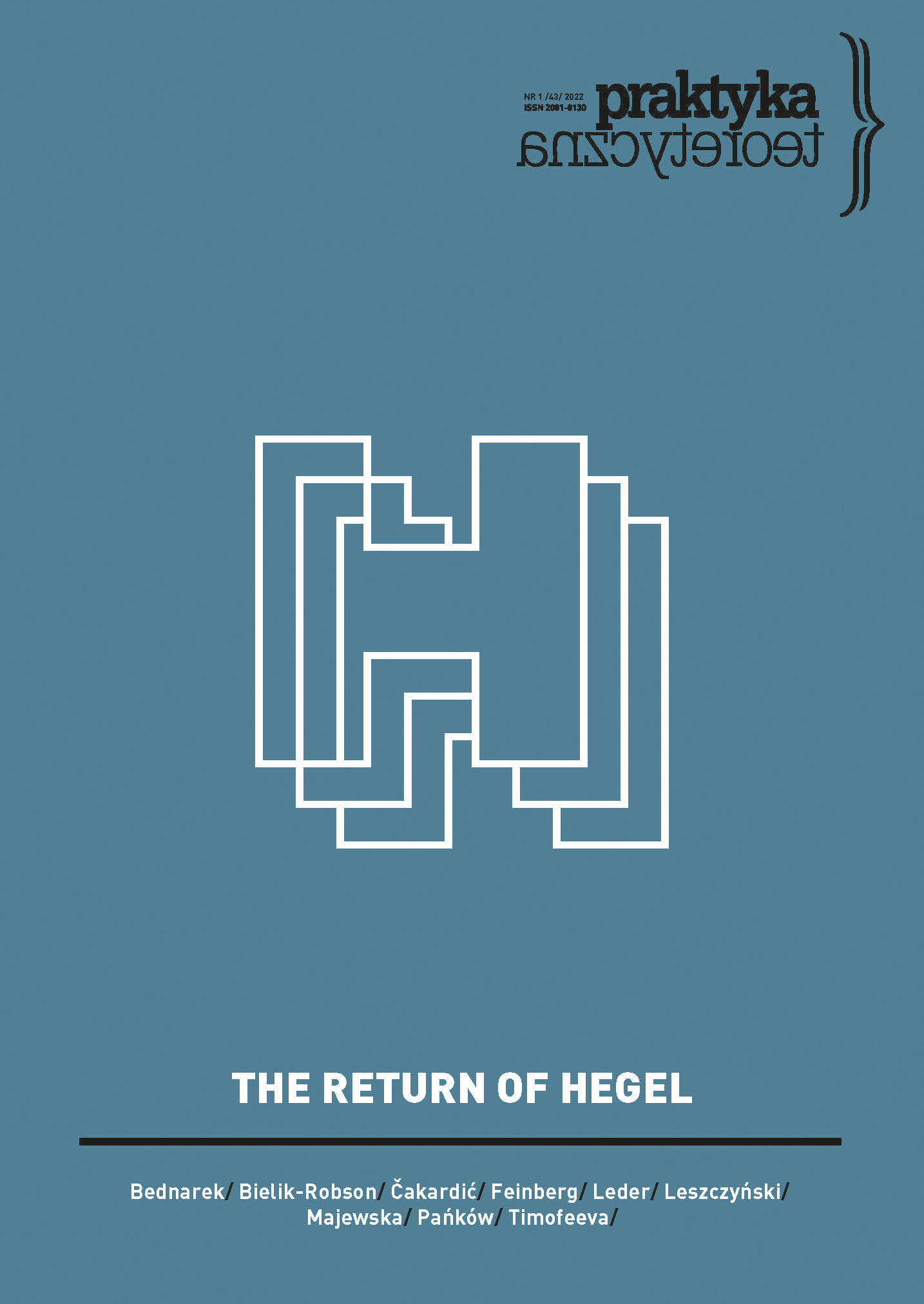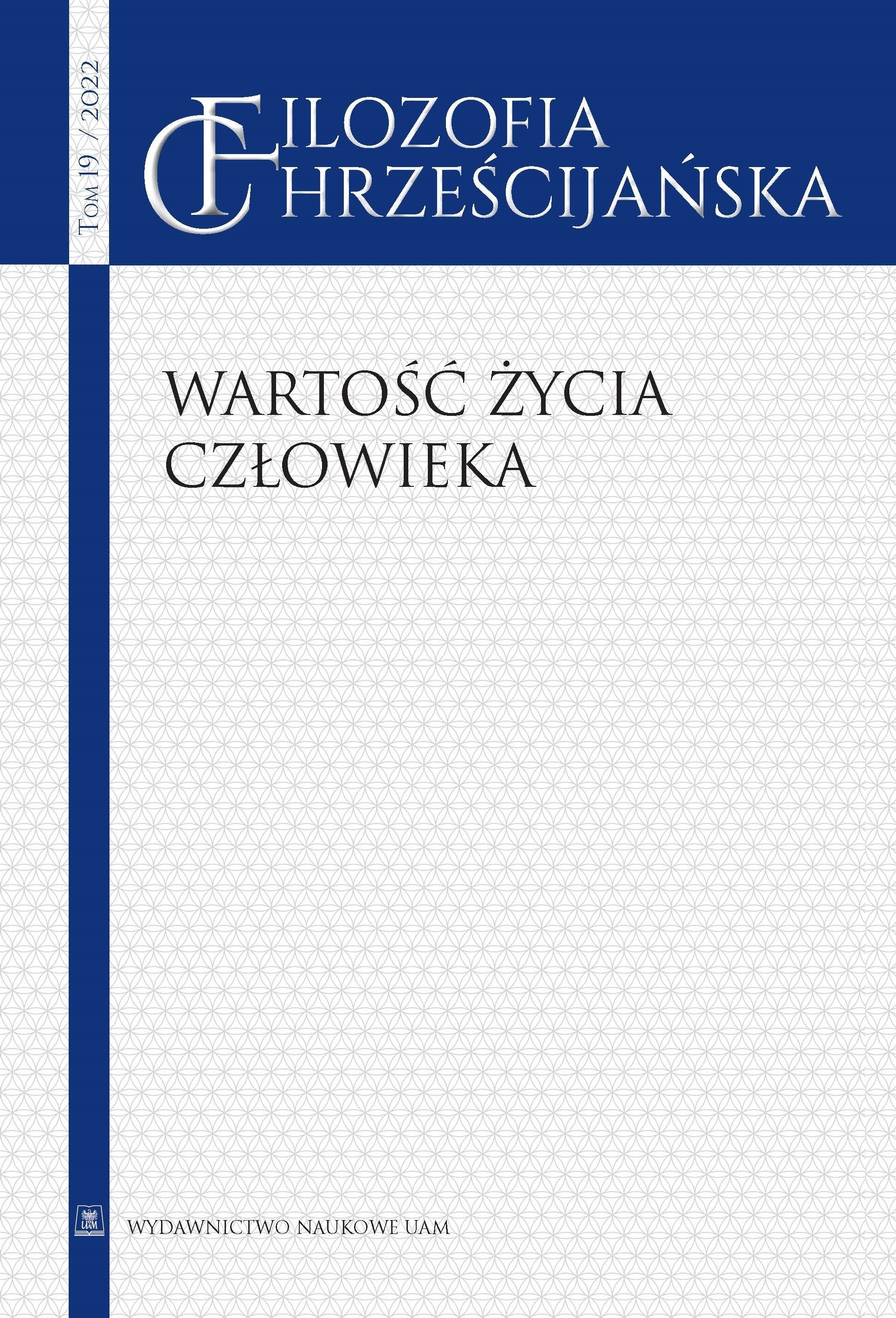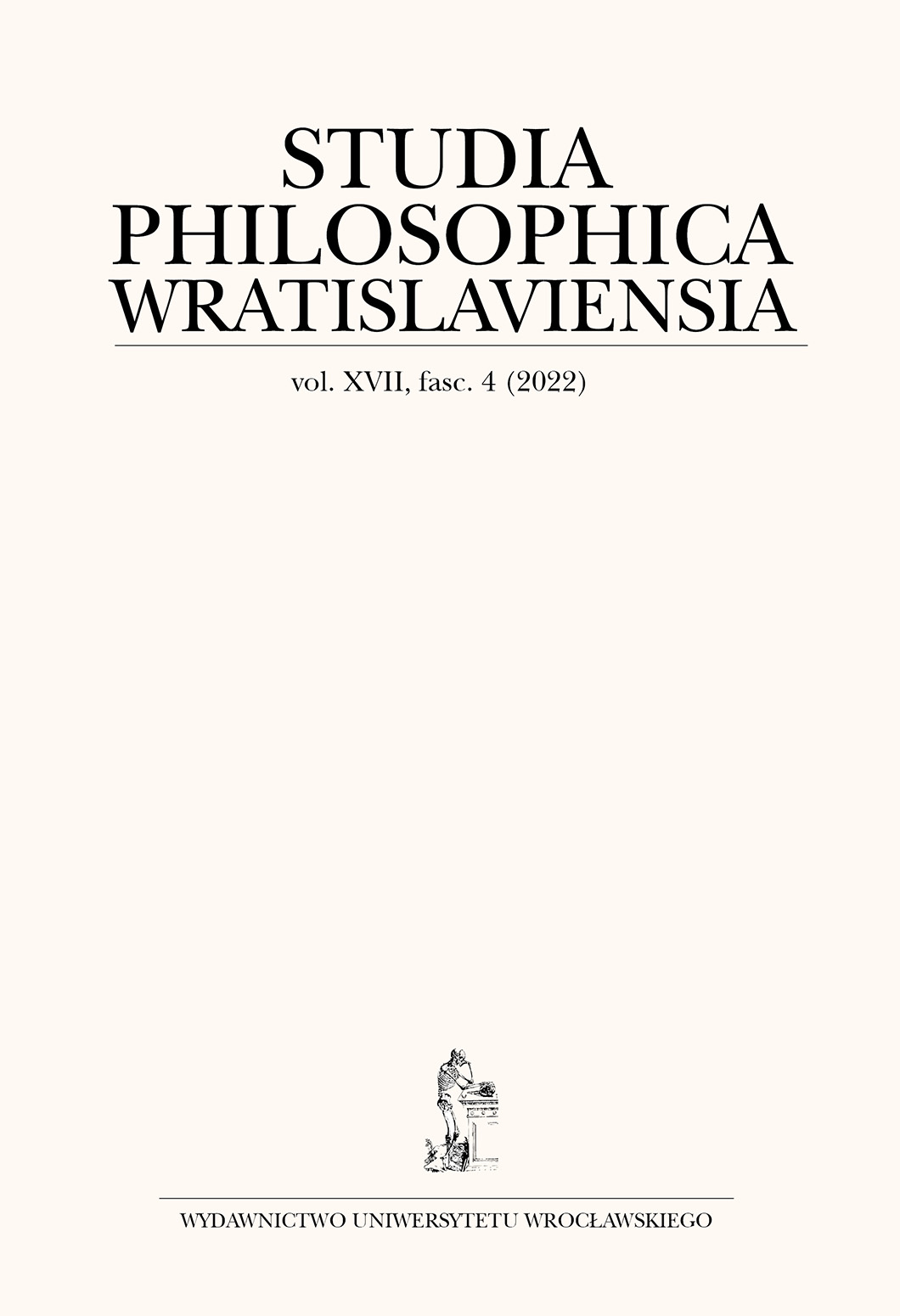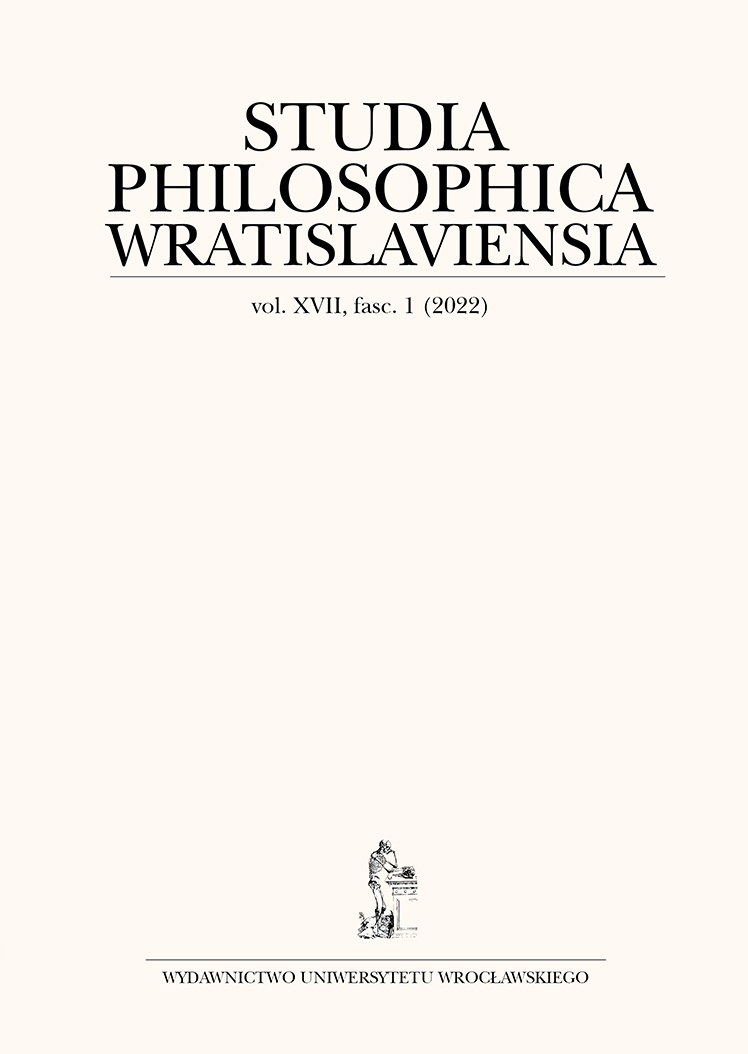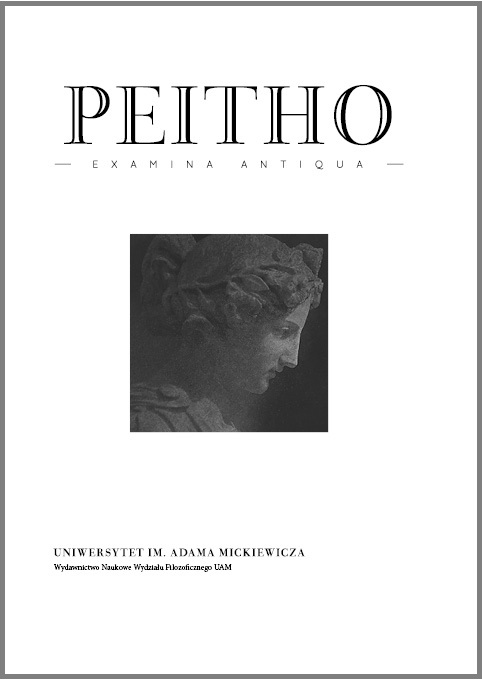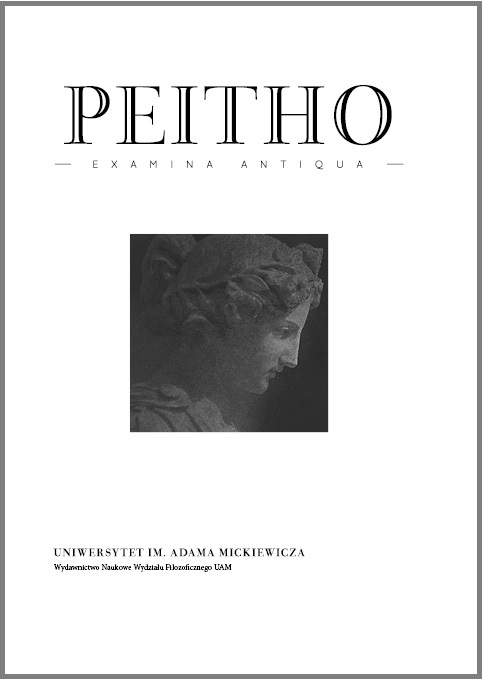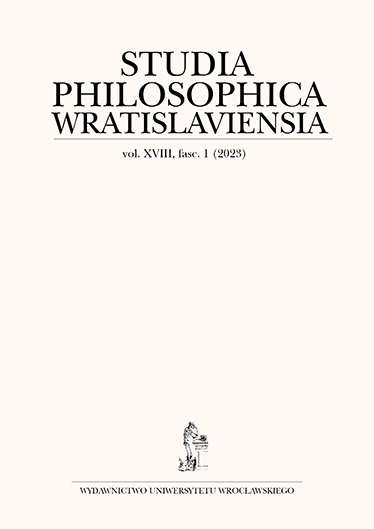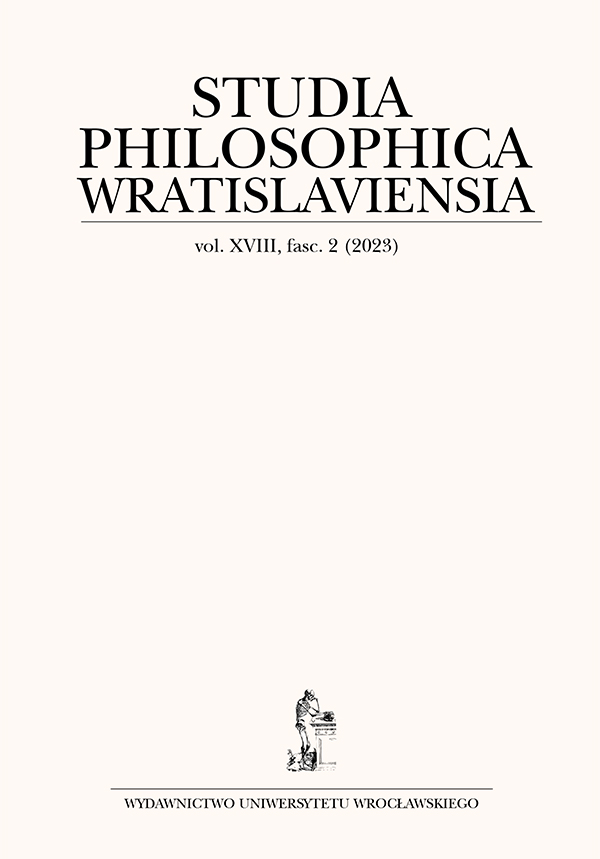RECONSTRUCŢIA PROCESUALĂ A OMNISCIENŢEI DIVINE
In classical theism, God knows all things in a manner in which there is no relativity or dependency in God as the knower and maximal dependency in creatures as known. Aristotel was right in pointing out that a knower depends on what he knows and is in a direct relation with the things that he knows ( as a consequence – in knowing implies a certain relation, God could not know continent and changing things). In neoclassical theism creature`s free actions precede the divine knowledge in time and they are necessarily for God to know them.
More...
